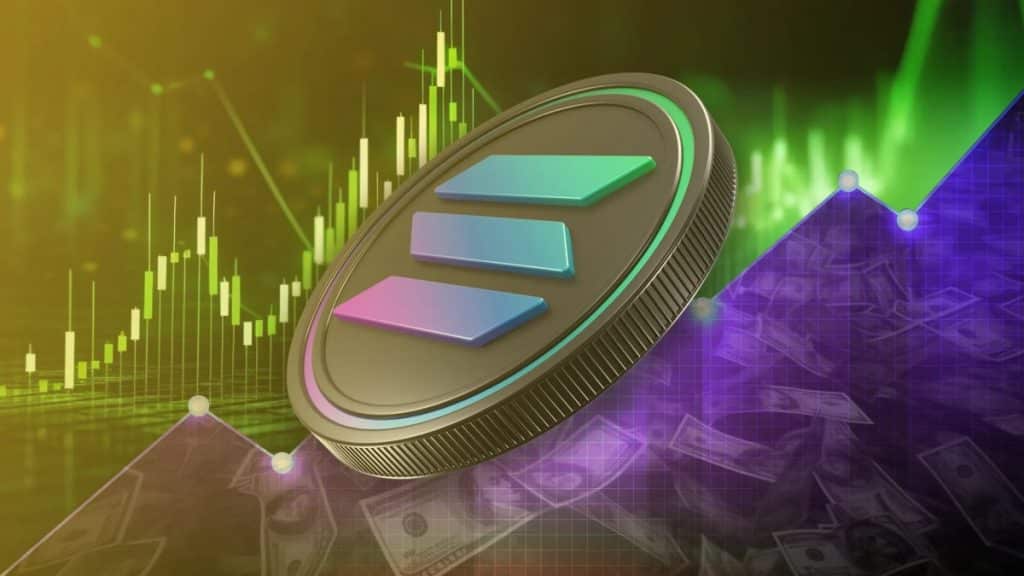Choosing the right oracle can make or break a blockchain project. This article dives into a comparative analysis of Solana oracles versus those on Ethereum, Binance Smart Chain, and Polkadot. We’ll explore their architecture, performance, security, and costs, helping you decide which fits your needs best. Ready to discover the strengths and weaknesses of each? Let’s get started! Wealthicator links investors with experts to navigate the tax considerations of holding Solana (SOL) tokens effectively.
Solana Oracles: An In-Depth Exploration
Architecture and Functionality of Solana Oracles
Solana oracles are designed to fetch and verify real-world data for use in blockchain applications. These oracles operate on Solana’s high-speed network, utilizing a unique architecture that ensures low latency and high throughput. They collect data from multiple sources, validate it, and then transmit it to smart contracts. This setup minimizes delays and enhances the reliability of data.
Key Features and Advantages of Solana’s Oracle System
Solana’s oracle system stands out for its speed and efficiency. Its key features include high scalability, low transaction costs, and robust security measures. The decentralized nature of Solana oracles reduces the risk of data manipulation. Additionally, the network’s proof-of-history (PoH) mechanism ensures timely data delivery. This makes Solana a preferred choice for applications requiring real-time data.
Integration and Interoperability with Decentralized Applications (dApps)
Solana oracles seamlessly integrate with various dApps, providing reliable data feeds. This integration supports a range of applications, from decentralized finance (DeFi) to gaming and supply chain management. The oracles’ ability to interact with multiple dApps enhances their versatility and ensures they meet the diverse needs of developers.
Oracles on Other Leading Blockchains: A Comparative Overview
Overview of Oracle Systems on Ethereum, Binance Smart Chain, and Polkadot
Ethereum’s oracles are known for their wide adoption and reliability. They are integral to many DeFi applications, providing critical data feeds. Binance Smart Chain (BSC) offers oracles that are efficient and cost-effective, appealing to users who prioritize lower fees. Polkadot’s oracles are designed for interoperability, enabling data exchange across different blockchains.
Highlighting Unique Features and Capabilities of Each Blockchain’s Oracles
Ethereum oracles are renowned for their robustness and extensive ecosystem. They support complex smart contracts and provide reliable data services. BSC’s oracles excel in cost efficiency and speed, making them attractive for budget-conscious projects. Polkadot’s oracles facilitate cross-chain data transfer, leveraging Polkadot’s relay chain to connect various blockchains seamlessly.
Performance and Scalability: Solana vs. Other Blockchain Oracles
Transaction Speed and Throughput Comparisons
Solana’s oracles are distinguished by their exceptional transaction speed and high throughput. The network can process thousands of transactions per second, ensuring data is swiftly available for smart contracts. Ethereum oracles, while reliable, often face congestion issues, leading to slower data processing. BSC offers a middle ground with faster transactions than Ethereum but not as fast as Solana.
Handling High-Volume Data Requests and Real-Time Processing
Solana’s architecture is optimized for handling high-volume data requests, making it ideal for real-time applications. Its oracles can manage large data sets without compromising speed or accuracy. Ethereum, although capable, struggles with scalability during peak times. BSC performs better under heavy loads but may still face delays. Solana’s efficiency in processing data sets it apart in high-demand scenarios.
Security Measures and Trust Models
Analysis of Security Protocols in Solana Oracles
Solana oracles employ stringent security protocols to ensure data integrity and prevent tampering. These include cryptographic validation and decentralized data sourcing. The network’s consensus mechanism, proof-of-history, adds an additional layer of security, making data breaches exceedingly difficult.
Comparison of Security Features in Oracles on Ethereum, Binance Smart Chain, and Polkadot
Ethereum’s oracles are backed by the network’s robust security framework, including proof-of-work and soon-to-be proof-of-stake mechanisms. BSC oracles leverage Binance’s security protocols, which include centralized oversight and rapid response measures. Polkadot’s oracles benefit from the network’s unique consensus algorithm and parachain structure, which enhance security through interoperability.
Cost Efficiency and Economic Models
Examination of Cost Structures for Using Solana Oracles
Using Solana oracles is cost-effective due to the network’s low transaction fees. This economic model is particularly beneficial for applications requiring frequent data updates. Solana’s fee structure ensures affordability without sacrificing performance or security, making it an attractive option for developers.
Comparative Cost Analysis with Oracles on Other Blockchains
Ethereum oracles, while reliable, can be costly due to high gas fees, especially during network congestion. BSC offers a more economical alternative with lower transaction fees, appealing to projects with budget constraints. Polkadot’s fees vary depending on the network activity but generally offer a balance between cost and functionality. Solana’s low-cost model stands out as the most affordable among the major blockchains.
Conclusion
In our comparison, Solana oracles shine in speed and cost efficiency, while Ethereum, Binance Smart Chain, and Polkadot each offer unique benefits. Your choice depends on specific needs, like security or interoperability. Always research thoroughly and consult financial experts before deciding. The right oracle can elevate your blockchain project to new heights!
